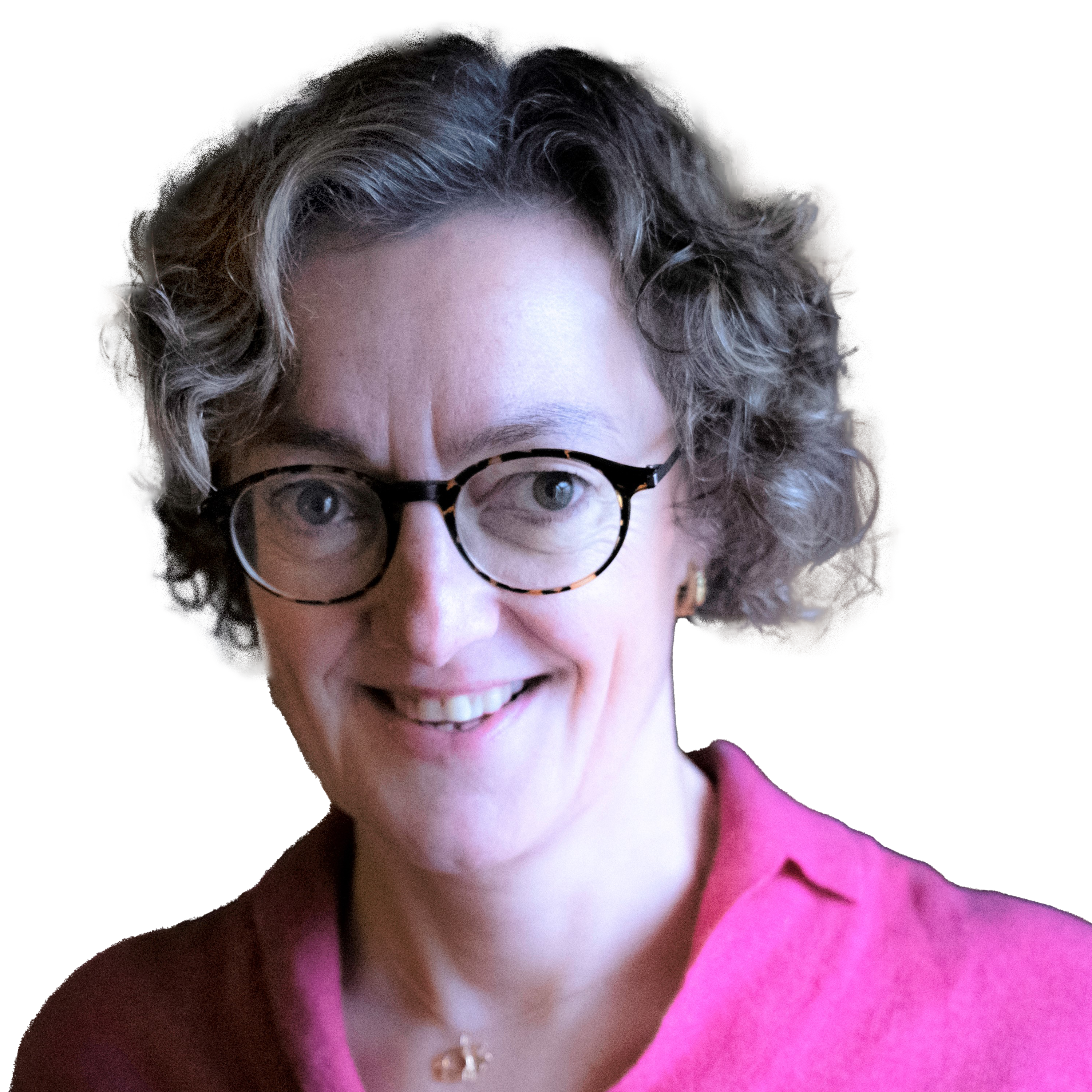This month Dr Hilary Williams reflects on the need to modernise our organisations.
Wales is looking its very best this June and, as many people know, I love to escape to the quiet hidden corners and explore the hills, rivers and tucked away valleys. We have more Cyswllt visits planned, but first off, who knew that the hot ticket on the physician’s calendar this summer was the Welsh Acute Physicians’ Society (WAPS) Summer Symposium in Bodelwyddan, north Wales?
A chance to put acute medicine centre stage
Being part of a wider community and network of doctors is something I really value, but what does that mean for 2024? Collegiate societies thrived in the past, but brilliance was all too often linked to archaic rules, nepotism, hierarchies and exclusion. It’s time to modernise and I think WAPS is paving the way for us all.
WAPS is run by clinicians for clinicians and started 10 years ago to encourage and support trainees and raise the profile of acute medicine in Wales. I joined the symposium – its theme this year was ‘NICE and challenging: acute care in 2024 and beyond’ – on the last day of a week dedicated to training in acute internal medicine (AIM). They managed to cram in as many current, past and future presidents of SAM as possible, and they added in RCP regional advisers and current and past vice presidents for Wales for good measure! I am very glad to say there was no hanging on ceremony or hierarchies and it was fabulous to see the whole room – from internal medicine trainees to retired professors – debating, challenging, laughing, smiling and reminding us how learning together just works.
Thanks for the invite WAPS, and for the brilliant reminder of the power of collaboration and teamwork.
But was there a bit of split in the room on the role of guidelines, bundles, and pathways in every day clinical care? I am very tempted to admit it probably was by age and years on the job. Up to date NICE guidance is always helpful. In my own job, it’s great to see updated NICE guidance on spinal metastases and metastatic spinal cord compression, with a particularly useful update on how to manage spinal metastasis with and without neurological deterioration, and where possible, how to keep people mobile. But ultimately, a really good history is key here (where is the pain and how long has it been there, is there known prior bone involvement?) as well as recognising what the person understands and wishes.
But as much as we need the clarity that guidelines and checklists deliver, they can never be a replacement for hard-won clinical experience, and careful evaluation of the patient you are with. Let’s put our patients centre stage, understand their multiple conditions and wider health needs. NICE provides clear standards of care in the UK, but gaining experience in making balanced decisions and evaluating the guidance in the context of whole patient is the real gold standard we should all aim for.
It was great to have this discussion and to hear that there is recognition of this as trainees become more senior. As well as getting through the ever growing need to tick off procedures and assessment, we must ensure that there is an equal focus on gaining as experience as senior decision makers as there is life beyond the task list and bundles.
The role of the senior decision maker
I’ve been thinking a great deal recently about the role of the senior decision maker in a healthcare team. This is a hot topic in many hospitals across the country as the debate about the role of medical associate professionals continues. For me, it’s about having oversight of the patient journey. Are we fully recognised for the level of medicolegal responsibility we take on? I’d be very interested in hearing your thoughts about our role and responsibilities as medical leaders and senior decision makers. Please get in touch!
A very sad loss for us all
As many of you know, we lost Professor Gareth Llewelyn this spring. I joined many old friends from across the Welsh physician community at his memorial this month. Gareth was the best of doctors. He had the critical combination of a sharp, rigorous and enquiring mind combined with a very real ability to connect with patients and colleagues alike. I always felt that Gareth simply enjoyed people – he listened, he reassured, and he cared deeply about those around him and the community of doctors in Wales. We will miss him (and his lovely smile) very much.
Progress on tackling unacceptable workplace behaviour
On another note, the tide is changing on misogyny and bullying in our profession. Since our open letter in September 2023, the RCP team in Wales has been working hard to deliver. Progress is being made. Recently, I was pleased to meet with NHS Wales medical directors who reassured me that they understand and are committed to tackling these behaviours. I have also been invited to join the newly formed HEIW and NWSPP Speaking Up Safely Group, and was delighted to join colleagues in London to deliver a workshop at Medicine 24 (write up in Commentary to follow this summer – keep an eye out!)
My promise to you all
Finally, as an elected officer of the RCP, I will always be committed to honesty and transparency in all that I do. My priority is to put our membership first, delivering and developing brilliant patient care at the centre of our college. We will do all we can to keep everyone updated and I will ensure that we continue to deliver the recommendations of the Short Life Working Group I chaired.
Look after yourselves.






